Project
Project Overview
Senegal possesses strong agricultural potential, yet it heavily relies on imports for key food crops, including onions. The "Onion Farming for the Future" project is a three-year Impact Cluster initiative dedicated to transforming Senegal's onion sector, particularly in the Kayar region within the Niayes horticultural zone.
While Senegal's onion production has impressively doubled in eight years to an average of 400,000 tons annually, challenges persist. Issues like poor soil quality, inefficient fertilizing techniques, and inadequate storage lead to post-harvest losses of up to 30%. This impacts food supply and the incomes of smallholder farmers, who are crucial to Senegal's agriculture.
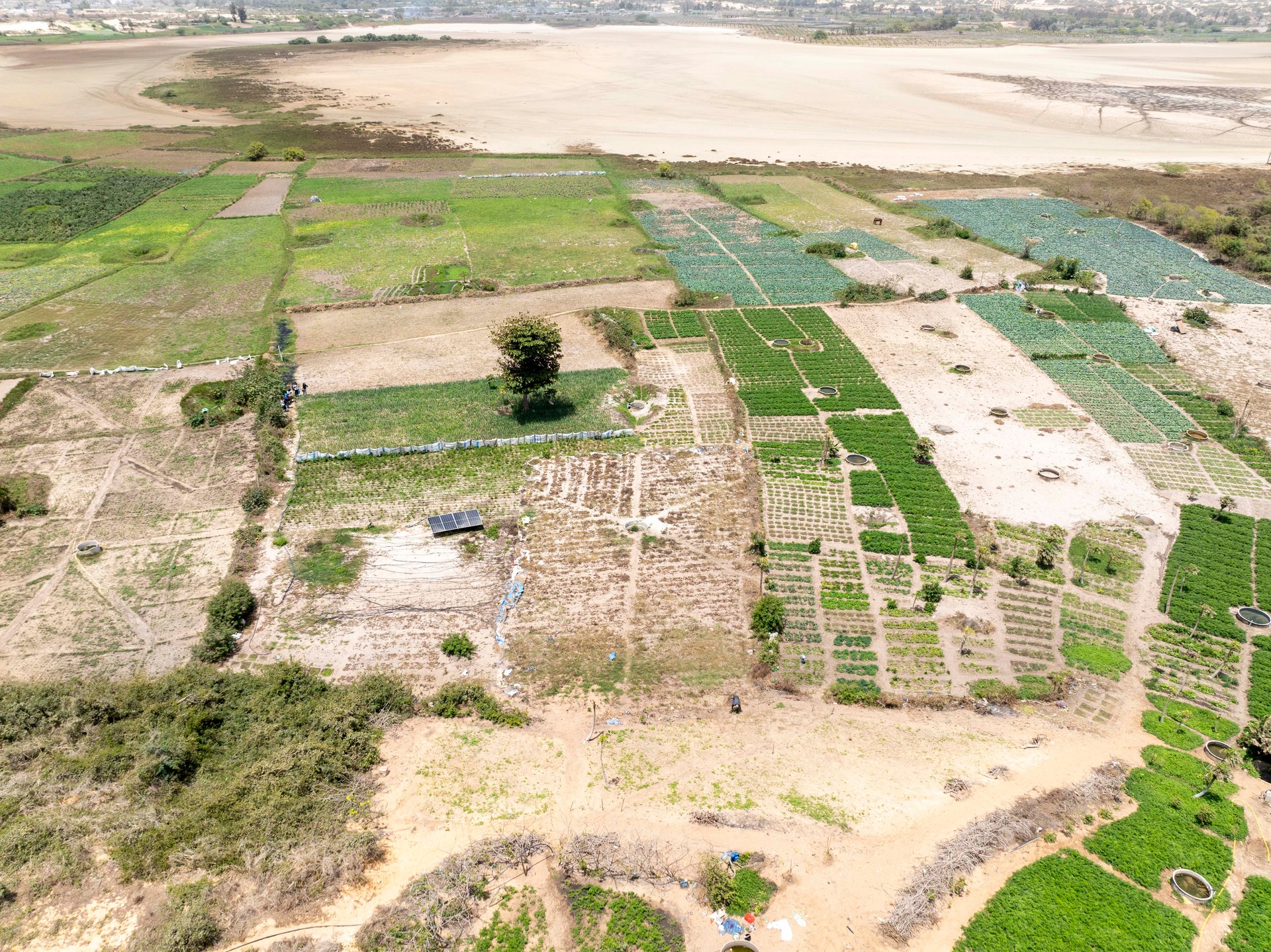
Kayar region in the Niayes, Senegal
Project Activities
Our consortium partners are implementing six key activities to improve the onion value chain:
Sustainable Irrigation
Setting up 3 demonstration fields equipped with solar panels and drip irrigation systems. This showcases efficient water usage, vital for water-scarce areas, and the benefits of renewable energy in agriculture, while teaching farmers how to save water.
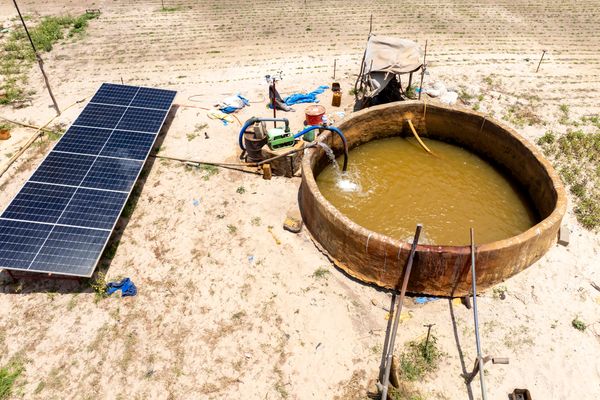
Advanced Farming Techniques
Comprehensive training on sustainable agricultural practices. This includes crop rotation to improve soil health and combat diseases, techniques for cultivating crops in sandy or saline soils, new climate-resilient crop varieties, and climate-friendly farming methods.
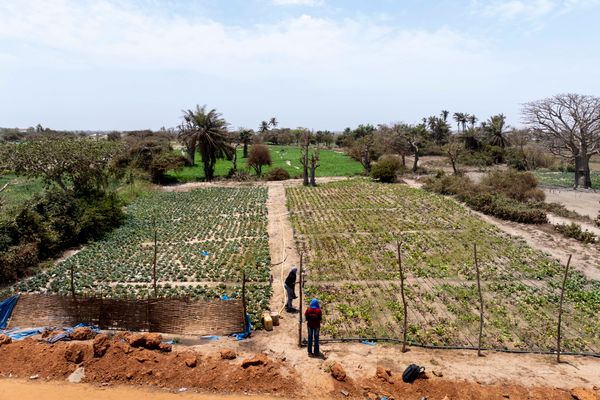
Quality Seeds
Providing access to high-quality onion seeds that are better suited to local conditions. These seeds aim to improve yield, enhance disease resistance, and produce onions with better storage characteristics and quality preferred by consumers.
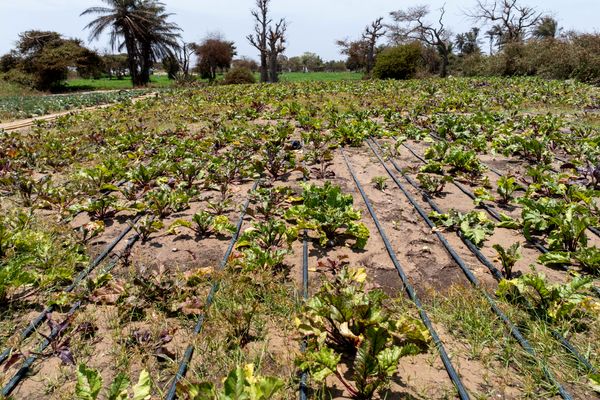
Improved Storage Solutions
Training on effective drying and storage techniques to significantly reduce post-harvest losses (currently up to 30%) and extend the shelf life of locally produced onions, making them more competitive.
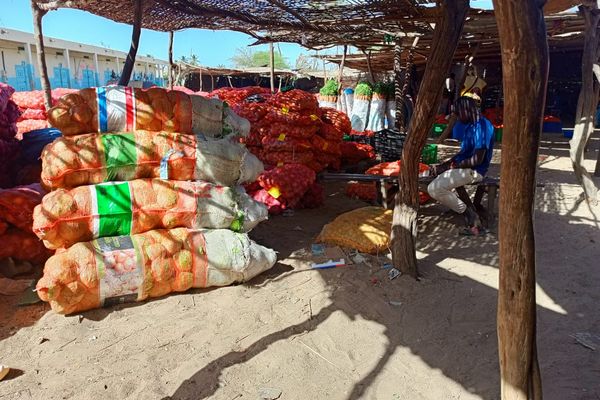
Enhanced Market Access
Conducting Marketing & Sales training to empower farmers. This helps them better understand market dynamics, position their improved quality onions effectively, and access more profitable markets, thereby increasing income security.
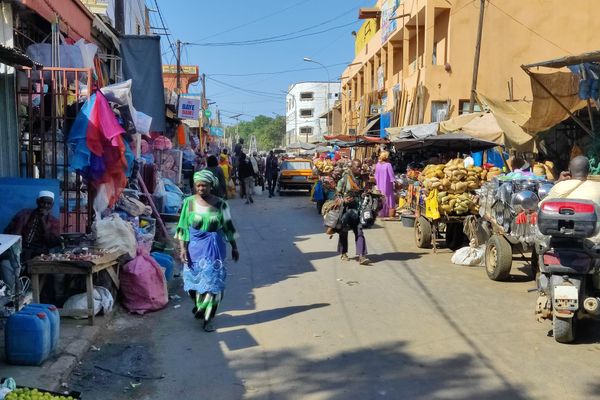
Action-Oriented Market Research
Performing market research to understand consumer preferences, market demands, and identify new opportunities for local onion producers. Insights will guide project activities and help tailor production to market needs.
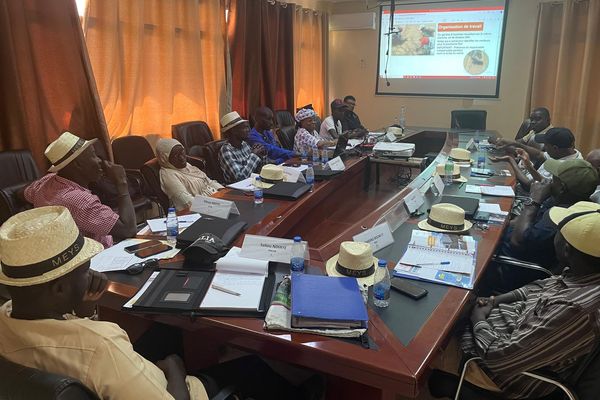
Project Insights
Current Market Challenges
Despite being the leading market garden crop in Senegal with an average annual production of 400,000 tons, local onions struggle to compete with imports, which dominate the market for six months a year. This is due to several critical issues:
- Soil Degradation: Depletion of nutrient reserves, increased soil-borne diseases due to lack of crop rotation, and rising salinity levels in coastal areas like the Niayes are compromising onion quality and yield.
- Poor Storage Quality: Inefficient fertilizer application often results in watery onions that are not suitable for mid- and long-term storage, leading to rapid deterioration.
- High Loss Rate: Up to 30% of the onion harvest is lost before it can even be sold or consumed, primarily due to poor post-harvest handling and inadequate storage.
- Price Volatility & Consumer Preference: The highly seasonal supply of local onions causes prices to plummet during harvesting peaks, impacting farmers' financial stability. Furthermore, Senegalese consumers often prefer imported onions due to their perceived higher quality and longer shelf life.
Our Approach to Sustainability
Our solution focuses on creating a climate-resilient value chain through integrated sustainable practices that balance environmental stewardship with economic prosperity:
Environmental Harmony
- Solar-powered irrigation reducing carbon footprint
- Water-conserving drip systems saving up to 50% water
- Three-year crop rotation cycles restoring soil vitality
- Integrated pest management reducing chemical dependencies
Economic Resilience
- Extended storage life enabling year-round market access
- Quality certification system for premium pricing
- Cooperative storage facilities reducing individual costs
- Direct market linkages eliminating unnecessary middlemen
Expected Impact
By 2026, our integrated approach will create measurable improvements across the entire onion value chain:
Environmental Impact
- 50% reduction in water usage through drip irrigation
- Reduced carbon footprint with solar-powered systems
- Improved soil health through sustainable practices
Community Impact
- Strengthened food security in the Niayes region
- Knowledge transfer to local agricultural trainers
- Creation of sustainable local employment opportunities
Follow Our Progress
Stay updated with the latest developments, success stories, and upcoming events related to the "Onion Farming for the Future" project.